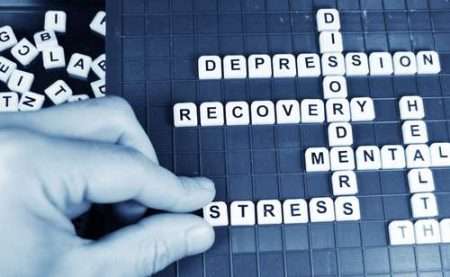Parity has become a popular and necessary term when discussing mental health and the need for treatment in mental health
For too long, mental health in many parts of the world has been disregarded, leaving people who are struggling without the medical support they need to heal. Numerous reasons have led to the disparity between the way mental health and other medical health issues are treated.
Enduring stigmatisation of mental health issues has closed the door on important conversations. Society as a whole is severely misinformed and underinformed about how common mental health issues are, what they look like, and when they need to be treated. More importantly, many people are lacking in information about the severity of mental health issues, how they can worsen over time, and how they create a high risk of developing an addiction.
Since the lack of information and awareness is so popular, misjudgments and misconceptions have grown like weeds, overtaking a global landscape that could, and should be, lending a helping hand.
Sadly, the rise in global depression and widespread epidemics of drug addiction like that with opioids have caused urgency in giving more regard to mental health issues. Addiction is now understood to be a mental health issue. Increasingly, mental health issues are being understood to have as much importance as medical issues. The United States and other countries have set precedence for parity in equalizing mental health treatment with medical treatment.
Parity by dictionary definition means “the state or condition of being equal, especially regarding status or pay.” In the terminology of global governments, parity means a few different things. First, parity of mental health means that insurance providers do not discriminate against benefits for patients with mental health or behavioural health issues. Second, parity of mental health means that more funding is put into researching the causes of and treatments for mental health issues.
Third, parity means creating more education and awareness for society as a whole about mental health. Through new laws, government spending initiatives, and care-expanding strategies, mental health is on the rise in achieving parity with other medical issues.
Mental health issues can be a matter of life or death. Rehabilitation from mental health and associated addiction issues happens every day at Castle Craig. Serving Scotland and all of Europe for over 25 years, our establishment provides excellence in quality of compassionate care and empathetic recovery. For information, call our 24 hour free confidential phone-line: 01721 546 263. From outside the UK please call: +44 808 271 7500 (normal charges apply).



